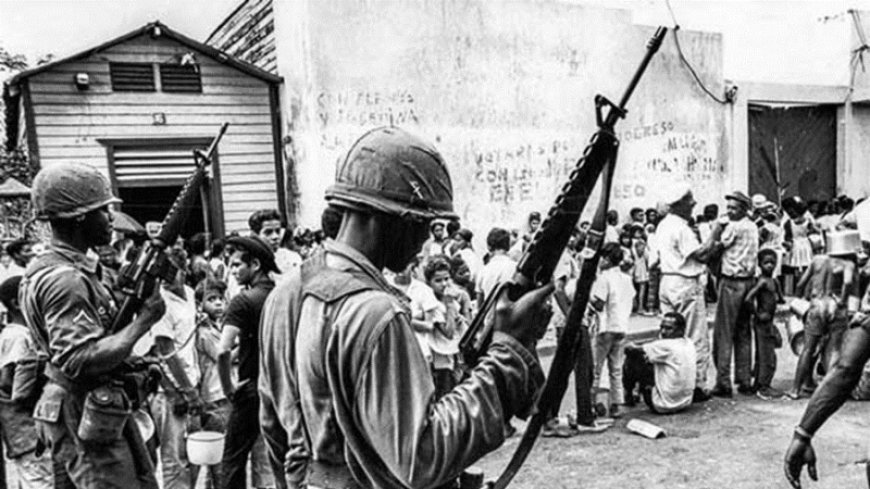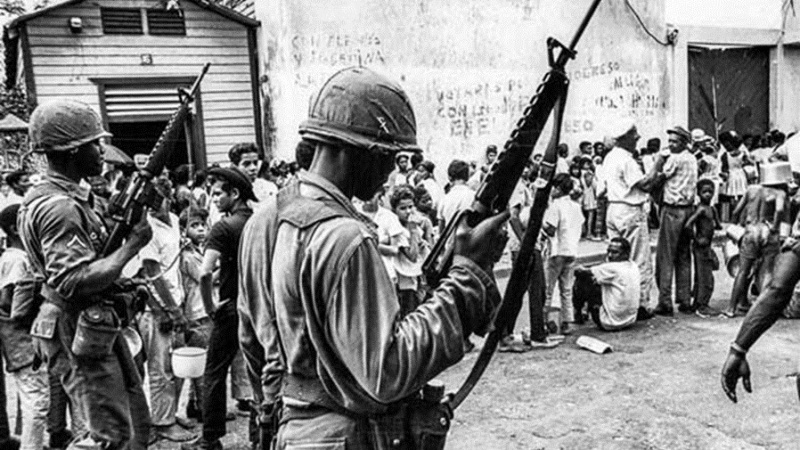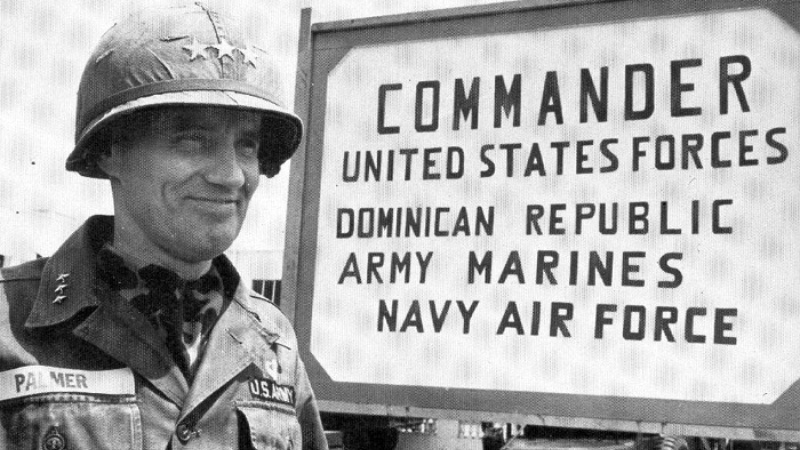A look at the American military intervention in the Dominican Republic on April 28, 1965
American military intervention in the Dominican Republic, located in Central America (in 1965), was carried out after escalating internal conflicts and acts of violence between left-wing and right-wing groups and the military in the Dominican Republic.


The United States invaded Santo Domingo under the guise of protecting American lives, when in reality the United States occupied the territory of the Dominican Republic to protect its economic interests and geopolitical influence.


Indeed, the Dominicans, like the people of Vietnam, demonstrated that a united people could mount tough resistance despite military weakness. Today the same thing is happening to the people of Yemen, who are resisting the domination of America and Britain. In April 1965, Dominicans and internationalist fighters from Haiti, France, Spain and Mexico joined a people's militia known as the Dominican People's Commandos to fight the imperialism, white supremacy, Western racism, military brutality and the genocidal lust of Washington's allies. Additionally, the invasion of the Dominican Republic caused international outrage.

Although the United States suppressed popular resistance and installed a puppet regime, the Dominican Revolution of 1965 left an important legacy of struggle. This popular action strengthened bonds of solidarity around the world and at the same time introduced a new generation to revolutionary and anti-imperialist politics.













































